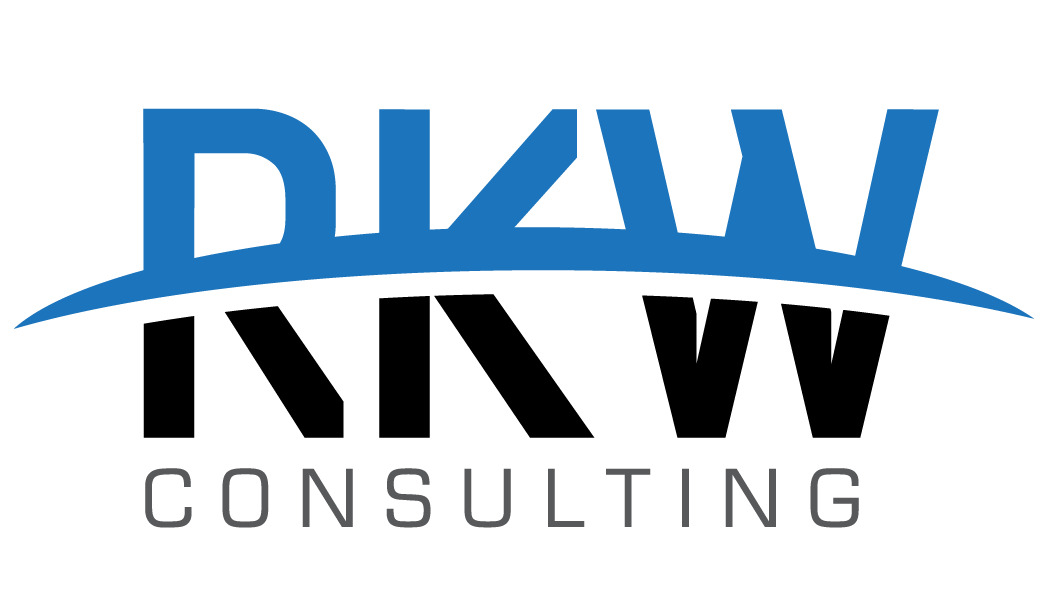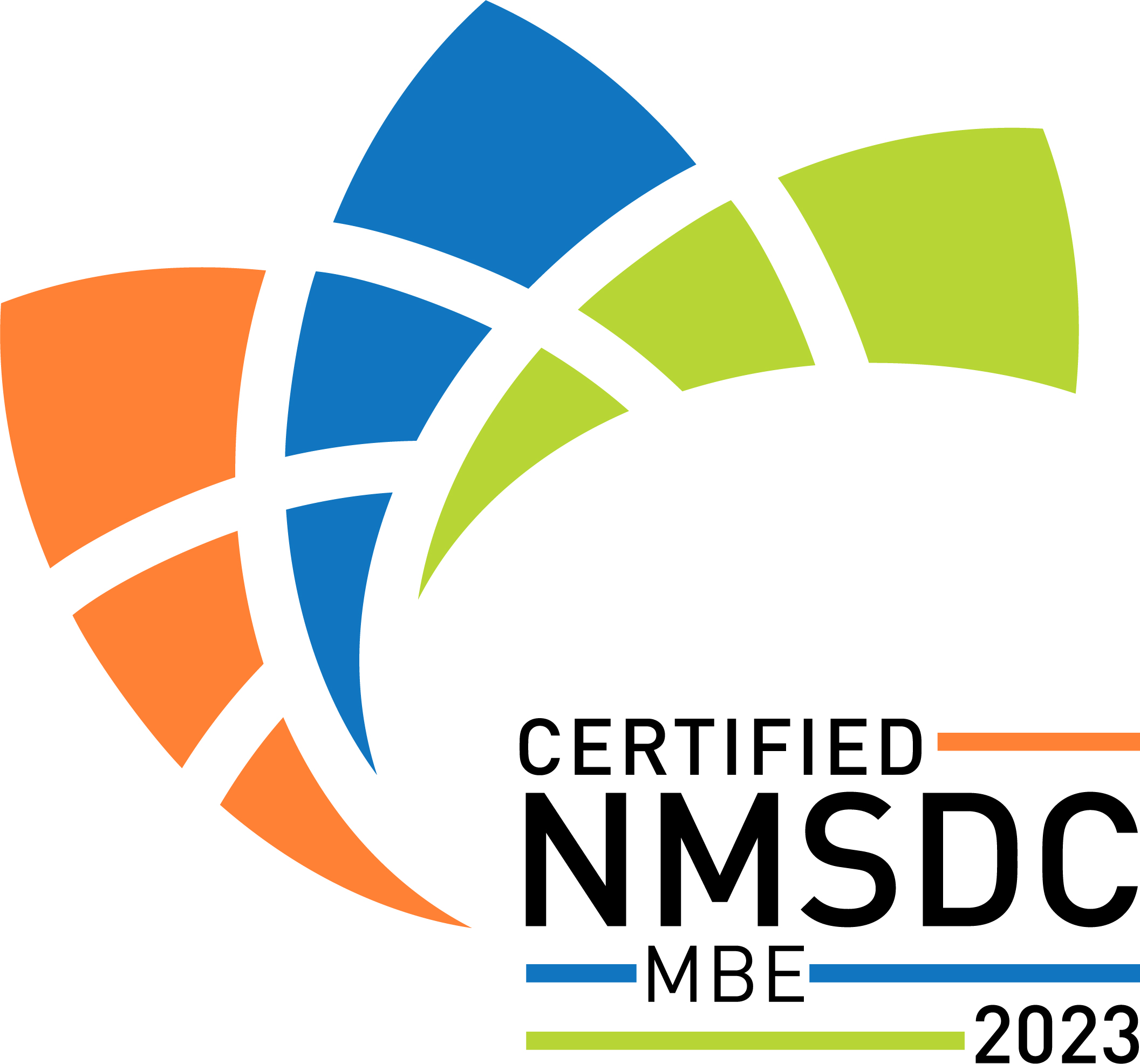Introduction:
In today’s digital landscape, businesses need to adapt and leverage technology to stay competitive. One crucial aspect of this adaptation is integrating your sales processes with digital marketing strategies. By aligning these two critical functions, companies can optimize their efforts and drive better results. In this article, we will explore the importance of integrating sales processes and digital marketing, and how organizations can leverage marketing automation and sales leadership to achieve success.
Understanding the Sales Process
The sales process refers to a series of steps that guide potential customers from initial contact to making a purchase. It typically includes prospecting, qualifying leads, presenting offers, handling objections, and closing the sale. Traditionally, these steps were executed through manual effort, relying heavily on human interaction. However, with the maturation of digital technology, businesses can automate certain stages of the sales process, making it more efficient and scalable.
The Role of Digital Marketing
Digital marketing encompasses various online strategies aimed at attracting, engaging, and converting potential customers. It includes channels such as search engine optimization (SEO), content marketing, social media marketing, email marketing, and paid advertising. Digital marketing allows businesses to reach a broader audience, build brand awareness, and generate leads. However, without proper integration with the sales process, these efforts may not translate into actual sales.
Benefits of Integrating Sales Processes and Digital Marketing
Integrating the sales process with digital marketing brings numerous benefits to businesses. Firstly, it ensures that marketing efforts are aligned with the sales team’s goals, resulting in a more cohesive approach. This alignment helps in generating high-quality leads that are more likely to convert into customers. Secondly, it enables better tracking and analysis of customer behavior, allowing companies to refine their marketing strategies and improve their targeting. Lastly, integrating sales process and digital marketing enhances the overall customer experience, leading to higher customer satisfaction and loyalty.
Using Marketing Automation
Marketing automation plays a vital role in integrating sales processes and digital marketing. It refers to the use of software platforms to automate repetitive marketing tasks, such as lead nurturing, email campaigns, and social media scheduling. By automating these processes, businesses can save time, streamline their marketing efforts, and focus on more strategic activities. Marketing automation also enables personalized communication with prospects and customers, enhancing engagement and driving conversions.
Implementing Effective Sales Leadership
To successfully integrate the sales process and digital marketing, strong sales leadership is crucial. Sales leaders need to have a deep understanding of both disciplines and possess the ability to align and motivate their teams. They should foster collaboration between the sales and marketing departments, ensuring open communication and shared objectives. Sales leaders should also be well-versed in the latest digital marketing trends and technologies, guiding their teams towards effective strategies and tactics.
Creating a Unified Customer Journey
Integrating the sales process and digital marketing requires creating a seamless customer journey across all touchpoints. This means ensuring consistent messaging, branding, and user experience throughout the sales and marketing funnel. Customers should have a smooth transition from initial awareness to the final purchase, with each interaction reinforcing their decision to buy. Achieving this unified customer journey requires close collaboration between sales, marketing, and customer service teams.
Measuring Success and Iterating
As with any business strategy, it is crucial to measure the success of integrating sales processes and digital marketing efforts. Key performance indicators (KPIs) such as lead-to-customer conversion rate, customer acquisition cost, and customer lifetime value should be tracked and analyzed. By regularly reviewing these metrics, businesses can identify areas for improvement and optimize their strategies accordingly. It is important to iterate and continually refine the integration process to adapt to changing market dynamics and customer preferences.
Conclusion
Integrating sales processes and digital marketing is no longer a luxury but a necessity in today’s digital age. Businesses that successfully align these two critical functions can maximize their marketing efforts, generate high-quality leads, and drive sales growth. Leveraging marketing automation and effective sales leadership is key to achieving this integration. By creating a unified customer journey and continuously measuring success, organizations can stay ahead of the competition and thrive in the ever-evolving digital landscape.







